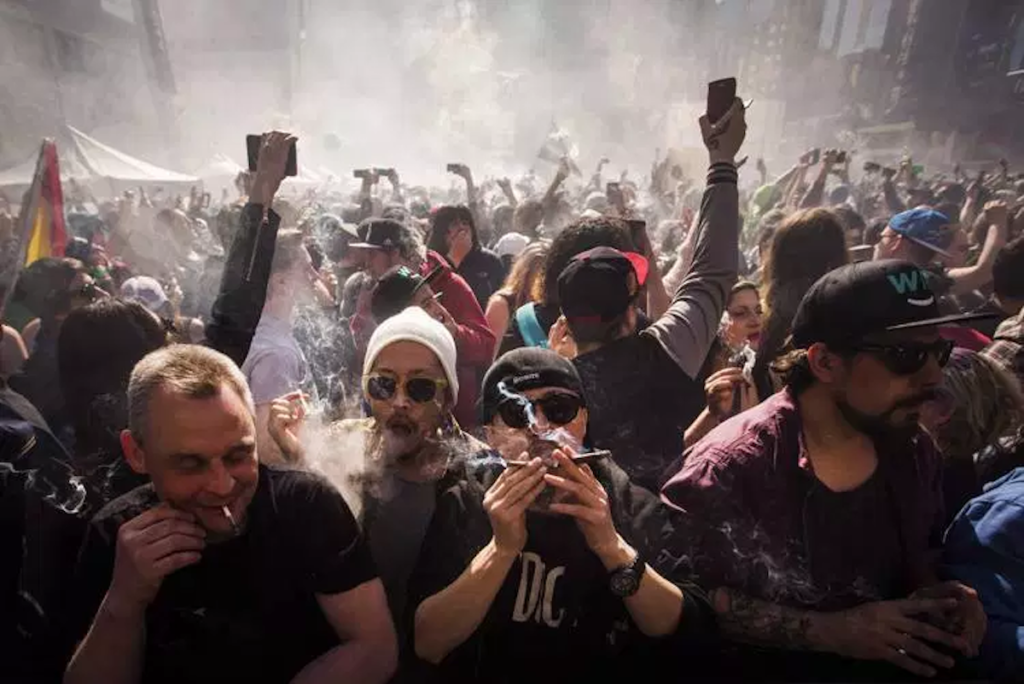By: Chelsea Perry
Ah, the long anticipated day has arrived. The prohibition has ended. Belvedere Ave. is backed up with eager buyers. Canadians are friendlier than ever before. #LegalizationDay is trending on Twitter, and apparently so is #CDay.
(Who thought C-Day was clever? Someone revoke that individual’s internet privileges. Nobody says that.)
Tuesday night, the Liberal government announced plans to give pardons to Canadians who have been convicted of simple possession of marijuana of 30 grams or less. The application fee and wait time will be waived.
This is in response to Bill C-45 introduced in the House of Commons back in April 2017 that permits the possession of a maximum of 30g in public. A household can grow up to four cannabis plants for personal use. In PEI, there is no limit for possession at home.
Campaign for Cannabis Advocacy estimates there are approximately 500,000 Canadians who have been convicted of simple pot possession and could be impacted by changes in the pardon process.
For cannabis users and supporters, this is fantastic news, and long overdue. However, while we’re smoking, ingesting, and making merry, we need to keep talking about the unjust disparity of black and indigenous people currently serving time for cannabis related crimes.
The racial divide in cannabis possession charges from 2015 to the first half of 2017 in major cities across Canada is striking, despite studies showing that cannabis use is consistent across racial groups.
According to an investigation released by the Toronto Star in 2017, black people in the city with no criminal convictions were three times more likely to be arrested for weed possession than white people of similar backgrounds.
Regina continues to display the most drastic racial divide, with Indigenous people comprising 41% of marijuana possession charges between 2015-2016, despite making up only 9.3% of the city population.
In 2016, black people constituted 24% of possession charges in Halifax.
The Ontario Provincial Police, Winnipeg Police Service, Montreal Police, and Saint John Police Service all were unable to provide racial data.
In response to the Federal Government’s announcement that they are beginning discussions to waive wait times and application fees for minor pot-related offenses, all I have to say is this: if someone has been convicted of a non-violent, cannabis-related crime, they should be eligible to apply for pardon, if not expungement.
The stigma of pot-related convictions is a hindrance in seeking employment, finding housing, or even volunteering. Individuals should not still be suffering the consequences for something which is now being celebrated nationwide.
I call upon the Trudeau government to consider the inequity of this process, and reconsider their priorities when moving forward with pardon negotiations.
Photo by: Global News
